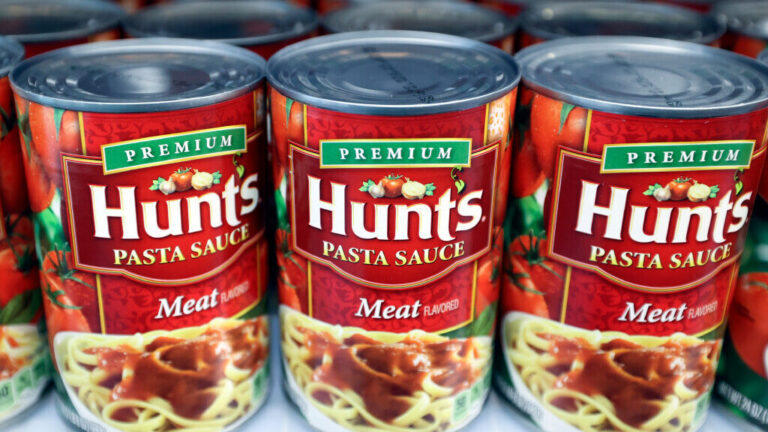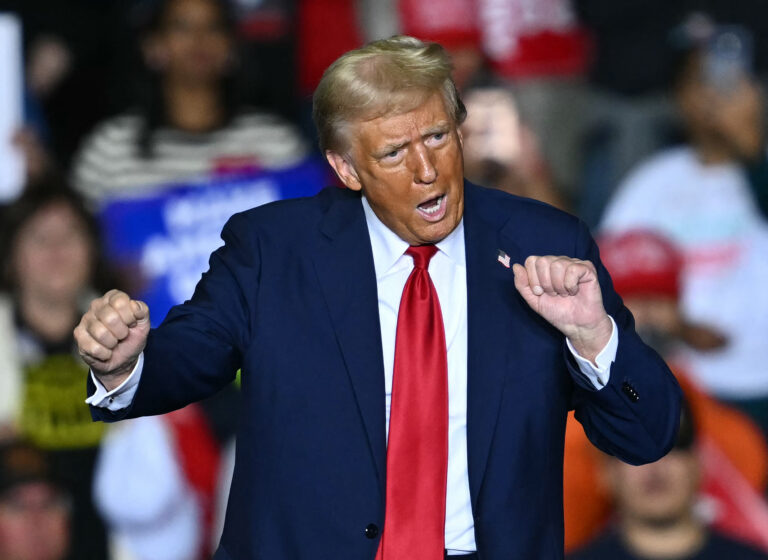
How Big Pharma Is Wrecking the Inflation Reduction Act
- Wall Street rebounds amid cooling inflation: impact on Nasdaq and S&P 500
- Renewed inflation fears stalk central bankers as markets shudder
- Bank of Thailand Sees Inflation in 1% to 3% Range Through 2026
- Stubborn Inflation Jeopardizes Additional Interest Rate Cuts for 2025
- Japanese Yen rises following Tokyo CPI inflation
Earlier this month, the consumer watchdog Public Citizen released a report outlining how four of the 10 drugs subject to negotiation would have faced competition from less expensive generic brands before price negotiations went into effect were it not for tactics perpetrated by the pharmaceutical industry known as “evergreening.” Put simply, evergreening is when a pharma company patents minor modifications on the drug as “new inventions” and then uses the new patents to extend their monopoly, freezing out competition and artificially keeping prices high. As a result, the report estimated Medicare will lose between $4.9 and $5.4 billion in savings that should have accrued had the medications come off patent earlier. The problem for many generic drug companies is that most medicines have multiple patents—which means there are many avenues for this kind of abuse.
Bạn đang xem: How Big Pharma Is Wrecking the Inflation Reduction Act
Take, for example, one of the four drugs mentioned in the report, Enbrel. Sold by the pharma company Amgen, the medication is used to treat severe rheumatoid arthritis. In 2023 alone, the drug generated $3.7 billion in revenue. A separate report from Public Citizen revealed that Medicare could have saved over $1 billion in less than four years on Enbrel if generic competition had been allowed to enter the market in 2019 when the underlying patent was set to expire. Amgen filed three times as many patent applications for Enbrel in the U.S. compared to Japan and Europe, and 72 percent of all patent applications were filed after the drug received approval in 1998. Amgen has filed a total of 57 patent applications on Enbrel in the U.S. with the aim of extending its monopoly by 39 years. Enbrel’s patents are now due to expire in the U.S. in November 2028. In Europe they expired in 2015.
Xem thêm : November 2024: Pet food inflation continuing to decline
Big Pharma has many excuses to defend its abuse of the patent system. In fairness to pharma companies, it can take a long time from when the first patent is filed to when the drug goes through all the necessary clinical trials and makes it to market. By the time the first dose is sold, about half the life span of the patent has expired, leaving the pharma companies relatively little time to recoup the research and development costs. Pharma companies argue that along the way they develop legitimate new ways of administering or dosing the drug, and that these new inventions warrant new patents. This is all fair and good until you compare how many patents pharma companies file in the U.S. for a single drug compared to Europe.
Nguồn: https://estateplanning.baby
Danh mục: News




